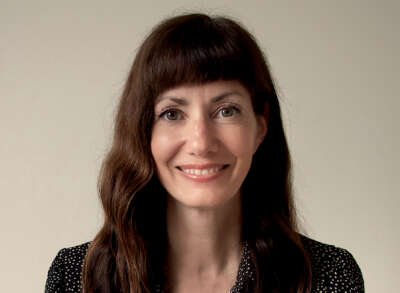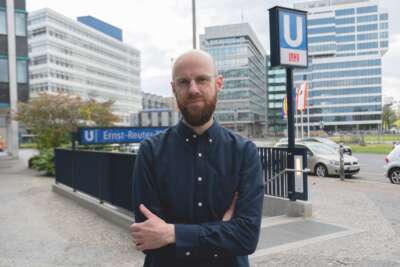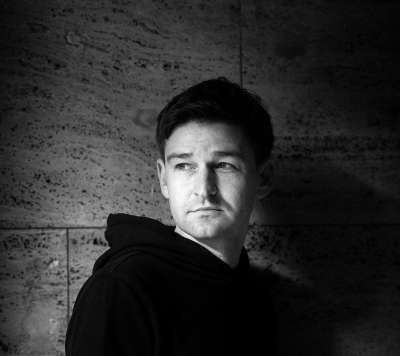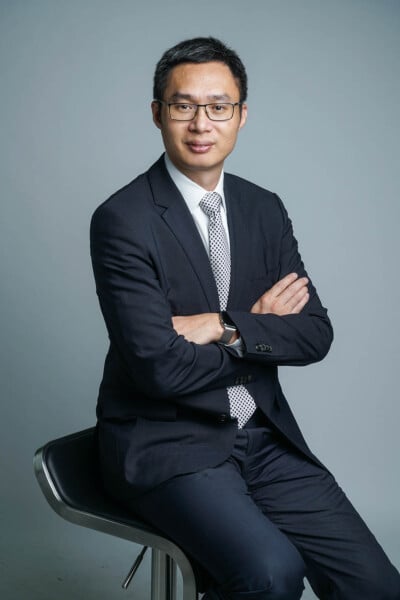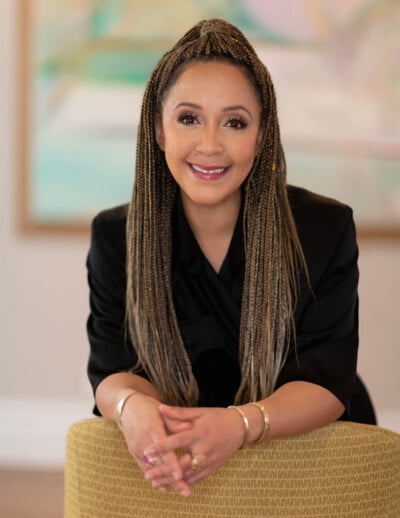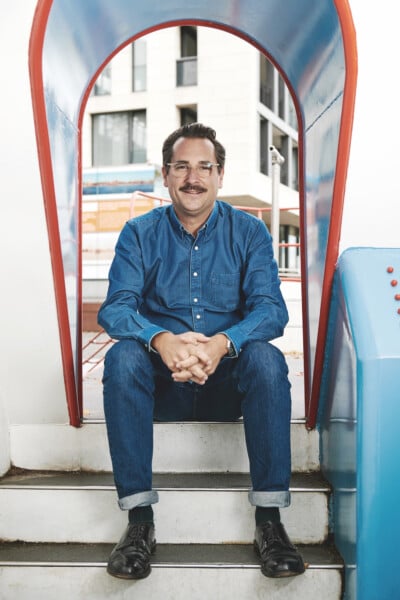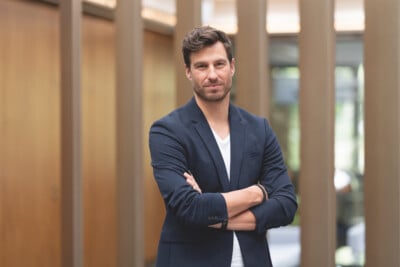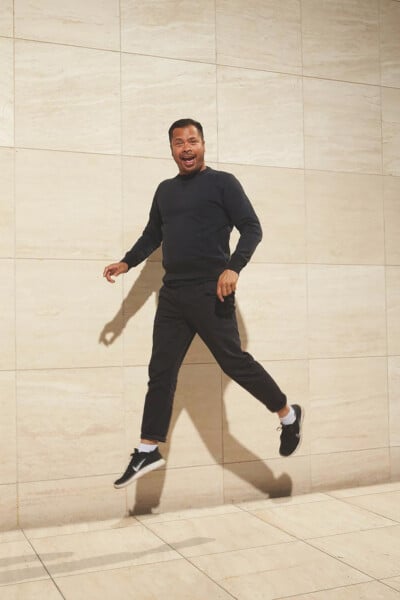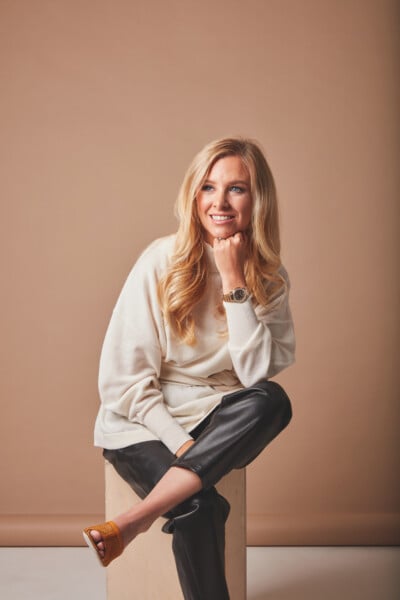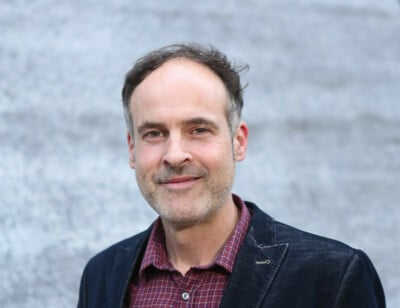Personal Skincare

Before becoming a beauty pioneer, Ming Zhao studied an MBA at Harvard and earned her stripes in worldwide business strategy and investment. Cofounded with Amy Yuan, Ming’s startup Proven Skincare uses AI, machine learning, academic research and public reviews to custom-made beauty products for every individual.
Ming Zhao of Proven Skincare talks about her company’s path to customised beauty solutions, the similarities between mixing paint and producing cosmetics, and her doubts about current DNA-based beauty solutions.
Your background lies in finance and consulting – how did you come to found a skincare brand?
For some time, I worked as a private equity investor. It was a pretty gruelling job with 16-hour days, and I was working in a foreign country away from friends and family. After a time with that job I felt it had stripped me of my soul and my youth. For a young woman in her late 20s this was a panicky moment. After trying various skincare products to revive my appearance, I found it was more difficult to regain my soul than my youth… Counterintuitively. Because the brands all promised great results from a marketing perspective, but none of them delivered on their promise. So I felt betrayed and frustrated with the skincare and beauty industry and wanted to do something different. As I dug into it more I realised that, despite the industry being vast, it really hasn’t advanced in any way from a technological perspective for more than 50 years. This was maddening for me, who loves and consumes the industry, and whose friends all consume the products too. And then I went to a skin specialist who created personalised products for me. She first assessed my skin and my life, and then based on that she formulated products. It wasn’t until then that I actually found products that benefited my skin. I wanted to make that experience and those results available to everybody at an approachable level. That’s when my co-founder and I decided to start this company.
Can you tell us more about your co-founder and how you make a team?
Amy Yuan’s background is she is a computational physicist from Harvard. She broke the world record for the largest computer simulation using a supercomputer, and has led data science teams at companies large and small, including McKesson, which is a Fortune 500 company, and some upcoming mental health startups here in the Bay Area. So the combination of her data and technology background together with my business background – along with our passion for this industry – made us want to do this. Her story is she had a specific skin condition, atopic dermatitis, and she couldn’t find products to address it. To solve this, she built an AI-powered database that found all the scholarly research about this condition, as well as all the consumer testimonials and reviews on how they have solved the problem, so that’s empirical info plus research info, and then ran AI algorithms through that to understand how different ingredients affect different kinds of people, based on who they are, and the condition they are suffering from. That’s how she was able to narrow down the ingredients and products that made sense for her.
This is the Skin Genome Project…
So when we started working together, we expanded the database, and added other skincare concerns, so not just atopic dermatitis. And it is now the largest database in beauty, with more than 20 million consumer reviews and scientific journal articles. This is the Skin Genome Project, and it won MIT’s AI Technology of the Year award.
How do you analyse and process the data you get from your customers?
One of the partners we currently work with is director of the Stanford Center for Esthetic Dermatology, Dr. Tyler Hollmig. So the skin questionnaire we ask people to fill out emulates the experience you would have in front of Dr. Hollmig’s desk if he were giving you a skin diagnostic. We simulate how he would evaluate someone’s skin and the judgements he’d make on what this person might need, and that’s why we have the questionnaire. We use that data to match against our database of knowledge to know exactly what products to give you.
Other companies use DNA analysis to tailor individual cosmetic choices. Do you have that physical aspect to your evaluation?
We have actually evaluated DNA elements, but I have to say that right now, the DNA parts, regardless of how you get it, swab, genetic testing… That’s all a red herring right now. It’s basically marketing pseudoscience. Because human DNA that has been sequenced when it comes to skin is very minimal. Only some genes that pertain to very specific skin problems, such as eczema, like there are some filaggrin genes that have been earmarked as possible precursors for the skin condition of eczema. However for everything else, such as the possibility of premature wrinkles, or hyperpigmentation, or possible sun damage, or freckles, or even dryness… None of that has specific DNA markers. So when you say DNA for skincare, that’s really just marketing hype. That’s combining currently interesting topics of DNA and gene sequencing, but there can be no scientific basis for that right now. Because we have connected with the top DNA and genome research experts in the world, from Stanford and elsewhere, and this stuff is just someone dreaming business concepts up. As soon as the genetic elements are up to par, as soon as there are genes that are discovered, and there are new discoveries every year, we will be among the first to incorporate that into our process in a way that makes sense.
We also don’t want to include a physical component because skincare is a very personal thing. Just because someone has freckles, and a physical device identifies them, that doesn’t mean the person sees the freckles as something to be fixed. That’s why we want consumers to inform us what things they want to change, without us adding our judgement. That’s because there is no perfect skin, just how you want your skin to be.
In your photography you use different women, over 50s, different skin types, showing different conceptions of beauty. Is this a core value for your company… inclusivity?
Absolutely. Most skincare products are created for a specific subsegment of the population, mainly caucasian females living in major metropolitan areas of the US who are middle aged. So everyone outside that very narrow criteria is basically underserved by the beauty industry. What we are trying to do is to find the best products for different subsegments of the population, and serve almost everyone better.
Could you tell us more about your marketing plans?
We want to find a way to tell the story of Proven. This is not a traditional skincare brand, where somebody thinks of a beautiful name, a set of images, a concept that makes sense for marketing, and then starts selling that message. For us, there’s been a tremendous amount of research, data collection, working with world experts, incorporating cutting-edge concepts, such as personalisation. Explaining this level of innovation that’s not been seen in the industry takes some level of education. That’s why we’re focussing on creating those educational elements, creating the story and being able to tell it in an engaging way.
Your products are currently available in the US – do you have plans to expand?
We understand that personalisation and customisation are trends happening around the world. We’re starting our approach in the US, where
we’re based, and where we can first build our brand. Then we will expand into Asia, and then into Europe.
Can you tell us a bit about your range of products?
First we segment people, based on their genetic background including skin type, skin concerns, their environment including humidity and pollution level, and the lifestyle they have… Based on those criteria we divide people into more than 20,000 subgroups, which we call skin topologies. Then based on those subgroups we have preformulated products within three categories: cleanser that doubles as a toner, night cream that doubles as a serum, and day SPF that also doubles as a day moisturiser. And depending on which skin topology people have, and that also changes as the seasons change, they will get one of the many forms of these products sent to them. We’re currently able to serve 70-80% of the population. And the exciting thing is that as things change – women become pregnant, men start shaving differently, the weather changes, people move to different regions – we’ll be able to adjust and advance our products for them as well.
It sounds like a production nightmare to have one single product for each customer. How can you manage this?
So we work with a lab based in the US. Early on in our journey we were lucky to meet one of our key scientific advisors, who is a phD in chemistry at Stanford University and has in the past worked at L’Oréal, formulating more than six lines of cosmetic products. So through him we were able to get plugged into some of the labs he’d worked with. We were pretty lucky to find a manufacturing lab who wanted to work with us, because we were a startup wanting to produce many SKUs in small volume. So we needed somebody who really believed in what we were doing, that personalisation is the future of skincare. To describe our manufacturing process, it’s like going to a paint shop. They have a bunch of bases, like semi-gloss eggshell, for example. Then you mix the colour with the base you want. Our system is similar. We have different bases depending on the moisturisation level that’s necessary as well as the sensitivity of somebody’s skin. Then on top of that we have what we call boosters of different ingredients in different concentrations.
